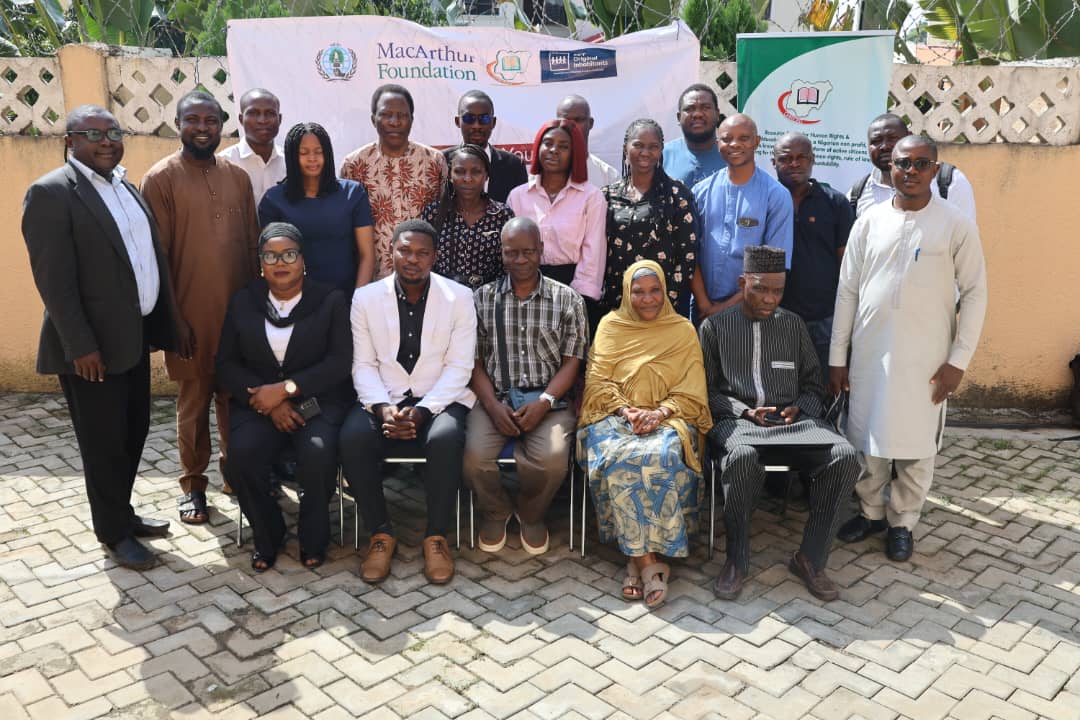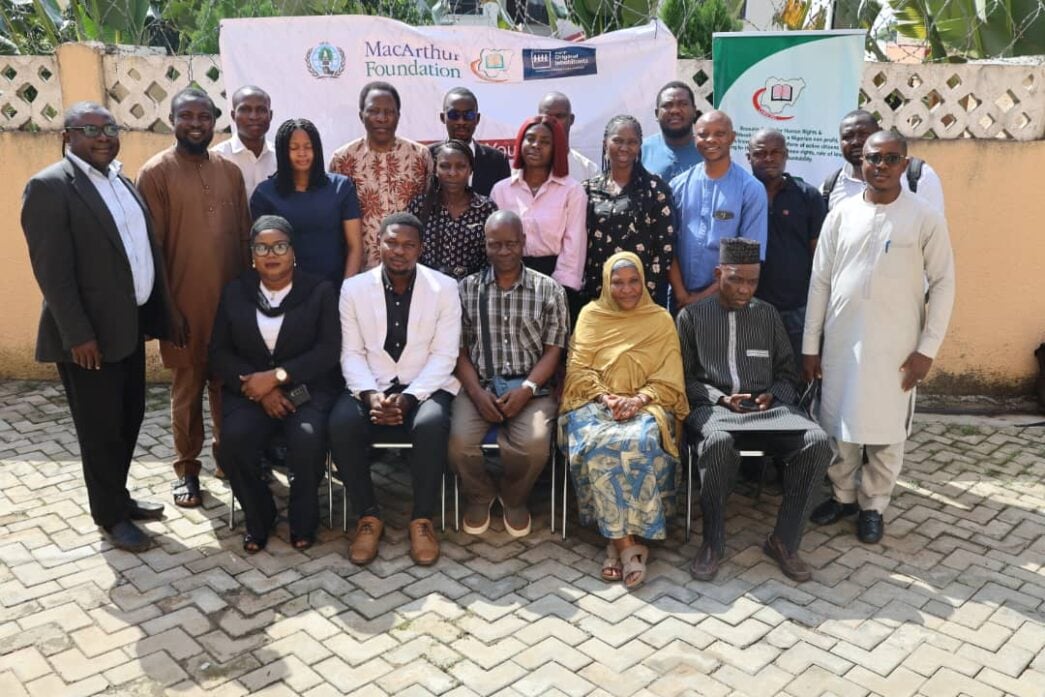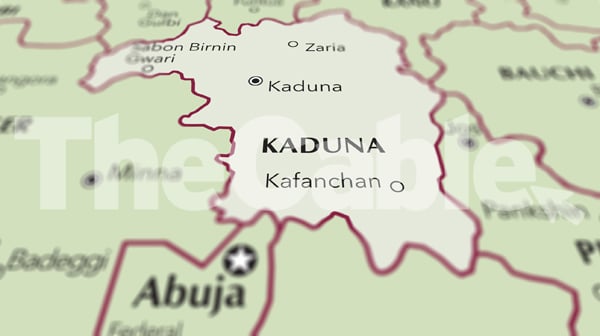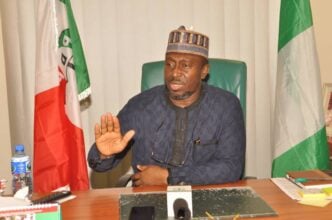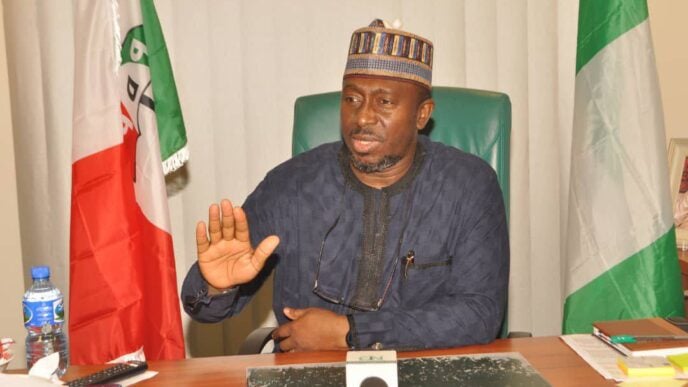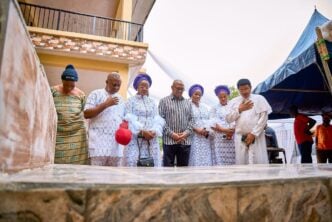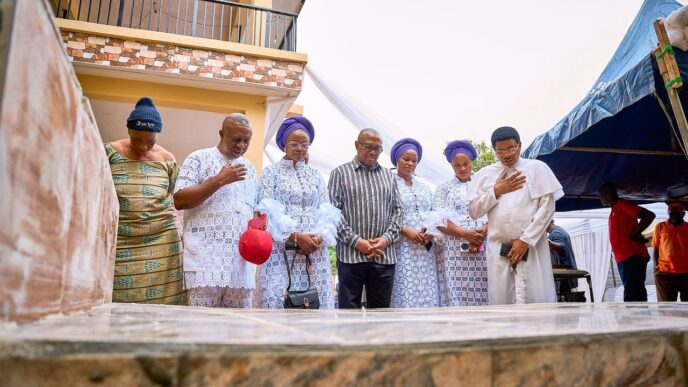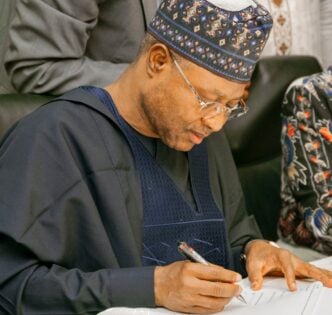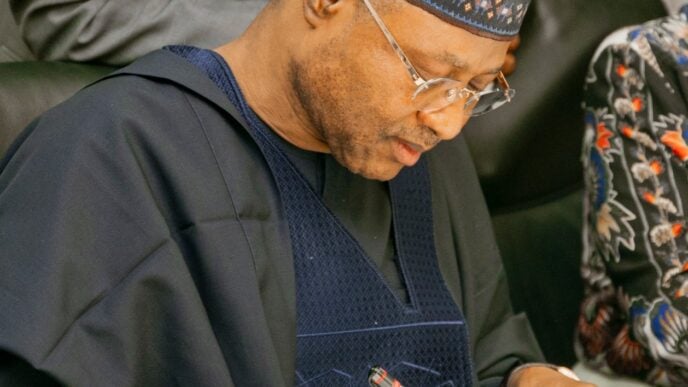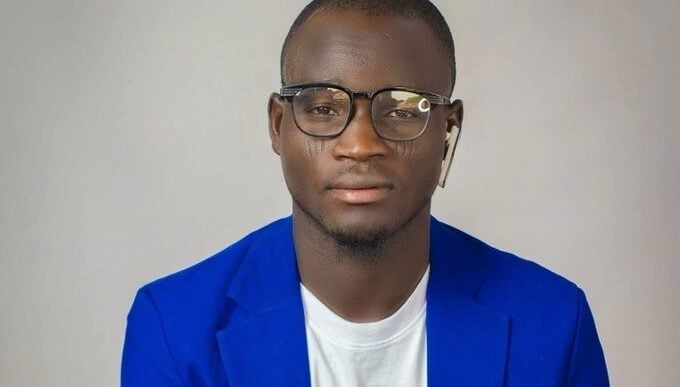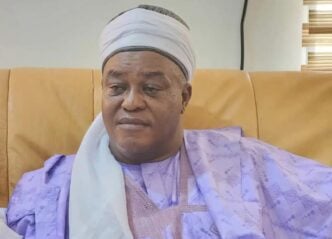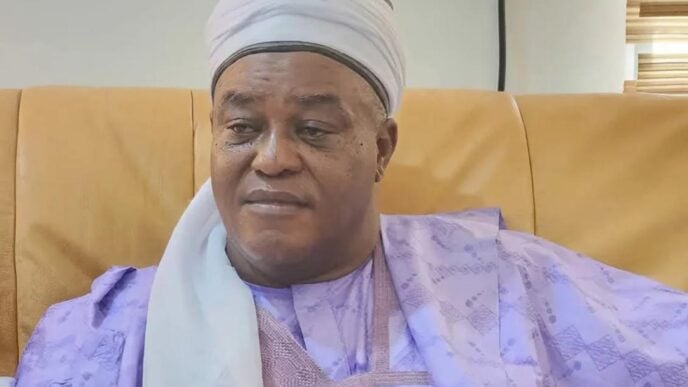Ibrahim Zikirullahi, executive director of the Resource Centre for Human Rights and Civic Education (CHRICED), has advocated for a renewed call for justice, compensation, and political recognition for the Abuja original inhabitants (AOIs).
Zikirullahi spoke in Abuja at a training organised for journalists on reporting indigenous issues using global standards.
The training was organised by the Network of Journalists on Indigenous Peoples (NEJII) with the support of the MacArthur Foundation and the Resource Centre for Human Rights and Civic Education (CHRICED).
He raised concerns over decades of neglect and displacement of the original Abuja inhabitants following the relocation of Nigeria’s capital from Lagos to Abuja in 1976.
Advertisement
He recounted the historical injustices faced by the indigenous communities of Abuja since the city was designated as the new capital.
He explained that in spite of the lofty vision of the late Murtala Muhammed, the then head of state, who initiated the capital relocation for reasons of security and decongestion, the rights and welfare of the people originally occupying the land have remained largely ignored.
According to him, the initial government plan included the relocation and compensation of the original inhabitants, with a proposed sum of N2.8 million as compensation in 1976 at a time when Nigeria’s annual budget stood at about N400 million.
Advertisement
“This process was never completed due to General Muhammed’s assassination and the subsequent change in government,” Zikirullahi said.
“When the matter was presented to the Obasanjo administration, it was dismissed on grounds of lack of funds.
“That decision left the people stranded, stateless, and homeless. Decades later, they continue to face forced evictions and demolitions in the name of development.”
He decried the continuous displacement of the indigenous people without proper resettlement or compensation, describing it as a violation of their fundamental human rights.
Advertisement
He revealed that some families were paid as little as N2,000 for lands now occupied by multimillion-naira properties such as the Transcorp Hilton, while others received as little as N500 for areas now housing public institutions.
“The whole of Aso Rock Villa sits on family land, yet the affected communities received only N20,000. They were told the government only pays for economic trees, not for the land itself,” he lamented.
“Imagine losing ancestral lands where your forefathers were buried and being told to leave without fair compensation.
Zikirullahi emphasised that the exclusion of the Abuja indigenes from political representation compounds their struggles.
Advertisement
He further disclosed that coalitions had taken legal steps to challenge the injustices, with several cases already filed in court, noting that efforts were also ongoing to engage the government and international bodies such as the United Nations to address the issue.
‘ABUJA’S ORIGINAL INHABITANTS DESERVE REDRESS’
Advertisement
Adewale Adeoye, the NEJII coordinator, explained that the relocation of the FCT was executed without consultation with the affected communities.
Adeoye described how families were uprooted from their homes, sacred sites were destroyed, and traditional worship grounds were desecrated.
Advertisement
“People woke up one morning to discover that their great-grandfathers’ lands had been taken away. Ritual temples and sacred places that no one dared to enter were destroyed,” he lamented.
He said that the indigenous people had chosen the path of peace in spite of decades of neglect and injustice.
Advertisement
Drawing comparisons with global examples, he highlighted how other nations have addressed similar historical wrongs through reparations and policy reforms.
“In Canada, $20 billion was paid to the First Nations as compensation. In New Zealand, the Maori people received over $2.24 billion in settlement for land confiscation. Even in Australia, tribunals were set up to redress historical injustices,” he noted.
He also cited compensations paid to indigenous peoples in Brazil, Norway, and Chile as evidence that Nigeria’s original inhabitants deserved similar redress.
Victor Emejuiwe, an official of CHRICED, who took journalists through “Effective coverage of Abuja original inhabitants: Role of print and electronic media”, urged practitioners to focus on human rights violations, right to land, education, health and job opportunities.
He said journalists have a critical role to play in working with indigenous communities to bring their demand into focus for prompt attention from state actors.
Emejuiwe added that AOIs are vulnerable and need the support of the media in the area of prioritising the setting agenda for peace, conflict prevention and sustainable livelihood.
Sola Ayebola, the producer of ‘Kakaaki’, a popular programme on African Independent Television (AIT), who also addressed the trainees, said highlighting the plight of AOIs is necessary for peace and stability in Abuja and in the country at large.
